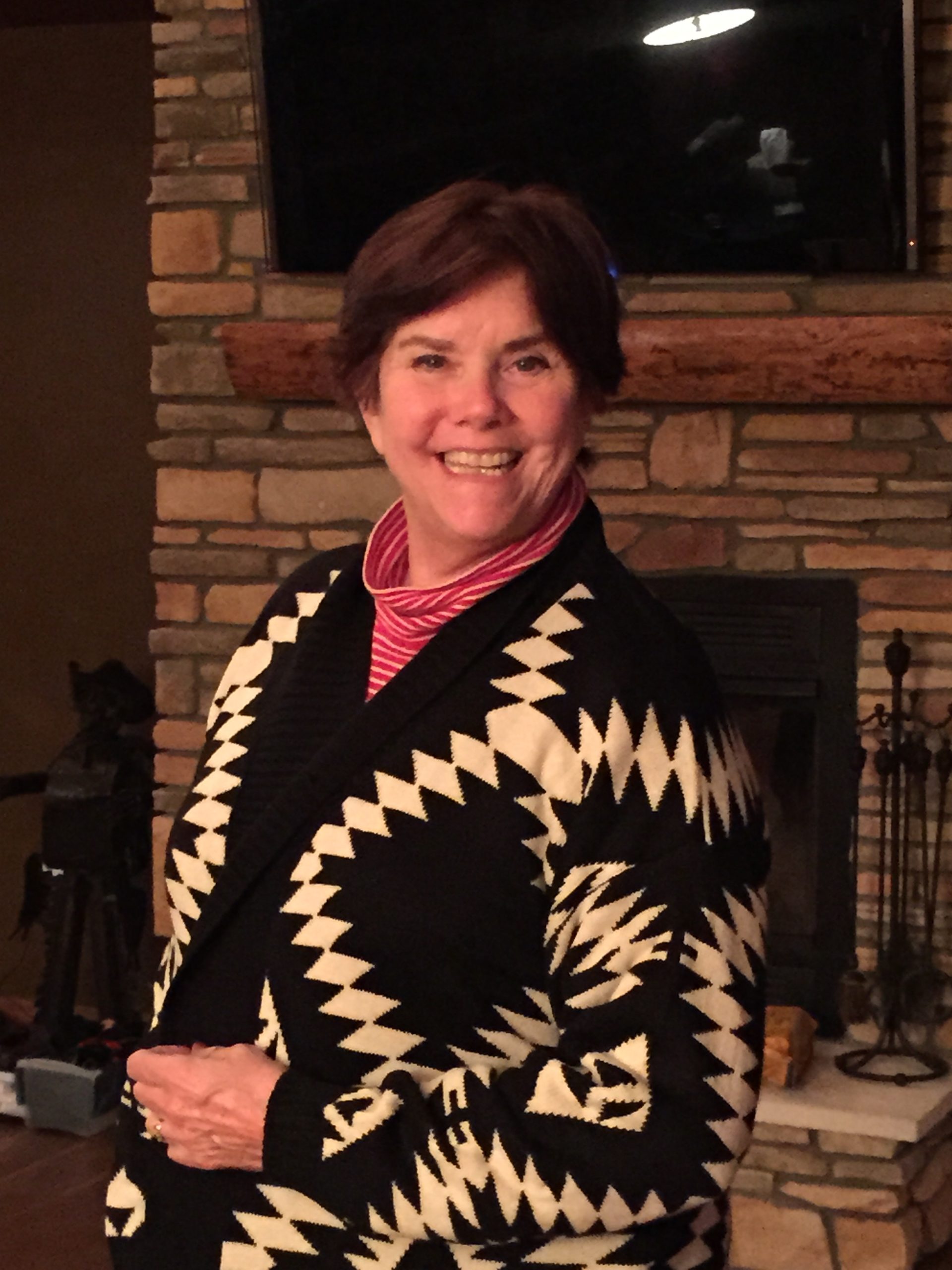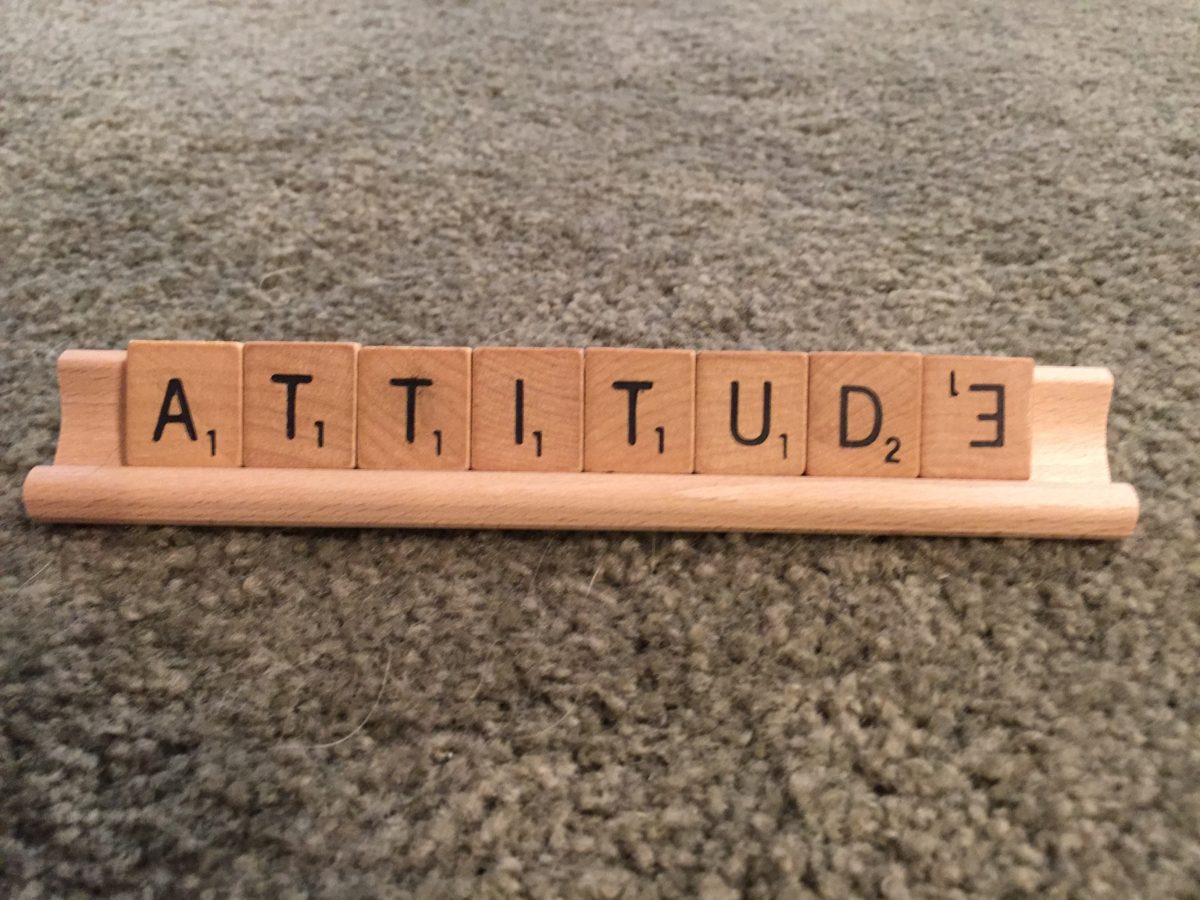HAS ANYONE ever said to you that you don’t seem as though you’ve finished grieving yet? Have you ever felt that way years after a loss?
Perhaps what they really mean to say is that you’re experiencing incomplete grief.

What is the real goal of grieving?
Many of us think the goal of grieving is to experience deep, painful emotions and finally arrive at the point where they aren’t as noticeable or don’t bother us as much as they did when the loss was fresh. A point where we feel as though we can get back to some kind of normal life.
But is that really the point of grieving?
It is. And it isn’t.
The point and task of grieving are to first grieve, feel all those emotions, and then complete the relationship with all the unfinished emotions you had when the relationship ended or the loss occurred.
You can think of it as unfinished business that niggles your brain and causes frustration or regret.
While grieving occurs automatically, completing the grief—or grief completion—results from specific actions you take to make that happen.

Well-meaning but bad grief advice—
You’ve probably heard someone say, “It’s best not to dwell on the past.” Or “Better let bygones be bygones.”
They sound like good practices, but in the long run they can be dangerous.
Why?
Because the human mind functions in a very different and specific way than the human heart. And vice versa.
The human mind tends to hang onto and replay what ifs—what could or should have been different, better or more. And those different, better and more thoughts can devour us emotionally, year after year after year.
It’s natural for us to do this. And where grief is concerned, it’s better to go along with that persistent brain, answer those questions, and take some steps to complete the thought and the revelations that come with it.

Incomplete grief can be about good things too—
As the experts at The Grief Recovery Institute note:
“Incomplete grief exists when there are any undelivered communications of an emotional nature.”
With that definition, you can easily see how incomplete grief can come from both good and bad events. They can be positive or negative.
For example: Let’s say you received a gift from a special friend and written and mailed a thank you note. But the morning after mailing the card, you learn your friend has died of a stroke. Besides the pain of losing a good friend, what feelings would you have about the loss?
One thought probably replaying over and over in your mind is that you wish your friend had known just how much you appreciated her gift. And now she’ll never know. Something has been left unfinished. And it hurts.
What if the last thing your spouse heard before driving off to work and getting killed in an auto accident was your snippy comment about something he did that morning that irked you? You would likely chastise yourself repeatedly over your unloving last words. Replay what you should have said to him; wish you could have apologized.
As Grief Recovery Institute experts point out:
“As a generality, undelivered emotional communications are going to be about things that we wish we had said or done, or about things we wish we had not said or done.”
And they’re also about something else, like the things we wish the other person had said or done, or not said or done.
But they can be about good things too. And it’s important to replay those.
Consider the happy scenario, where you share a kiss and a long hug with your spouse before you both depart for work. Later that day you learn he’s been killed in a freak work accident. Along with your heartache, you replay in your mind your last embrace, your loving goodbye, his joyful wave to you as he drives down the driveway. Those thoughts make you smile and bring gladness to your broken heart.
The reality of life is that we never know when our last encounters with someone will occur, and it’s more than likely that every loss brings with it unfinished details—words you wanted or planned to say, discussions you wanted to have, plans you were in the midst of making. Not procrastination but planned for events and get-togethers.
These types of things can leave you with a feeling of incompleteness in a relationship loss.

When others hinder your grief completion journey—
You may experience incomplete grieving when others cause or exaggerate your incompleteness.
Ever know someone who won’t allow you to express meaningful things to them? Your communication with them remains shallow or frustrating. We can’t force anyone to listen to us, and their refusal to hear or listen can leave us with incomplete feelings about them and the relationship.
Sometimes we’re fearful of being honest and saying things we know are emotionally loaded. We fear another person’s reaction, or their misunderstanding of your intentions.
We want to wait for the right time, but it never comes. And death ends the possibility of it ever coming.
We lose our nerve and never say what we need to say to the other person.
These events can leave us with incomplete emotions.
I can give you a personal example in my life that I still find frustrating. An event that left me with incomplete emotions.
For a reason I don’t understand, someone I considered a precious friend and loved like a sister decided “the season of our friendship had come to an end.”
That’s how she put it in the email she sent me. Not in person. Not in a phone call. She wouldn’t talk to me about why, explain her reasons, or tell me what I might have done to hurt her to cause that decision. I even asked her so I could apologize for how I might have hurt her.
She did tell me that we hadn’t communicated that much since she moved across the country, so I did get an inkling that she felt that, to remain good friends, I didn’t meet her frequent communication expectations.
It’s been a year since that happened, and I still experience incomplete grieving over it. My heart still cries about it. I miss her. But I feel as though she tied my hands and made my grieving difficult. I don’t think she acted loving or fair toward me.
And that makes me angry.
I feel as though her actions robbed me of the opportunity to be complete.
But her actions do not need to become the final say in this friendship ending. I need to heal, completely. So I’m going through the actions I need to take to complete that grieving, the actions I’m going to teach you in this incomplete grieving series. Actions I’ve taken before that helped me complete the grieving process and close open, festering wounds that took their toll on not only my mind but my body.

Goal of complete grieving—
Your goal is to discover those undelivered emotional communications occurring in both minor and major life events.
It’s the uncovering of all the undelivered communications, both large and small, that have emotional consequences for you. And it’s likely there is a heap of these undelivered communications that need unearthing and examination.
Where my former friend is concerned, I’m going to be exploring all of the unfinished communications and feelings I had when the relationship ended. I’m going to detail how the way she ended it makes me feel.
In the process I’m going to take into account the numerous overwhelming burdens in her life: the recent and unexpected death of a loved one; the illness of a beloved relative; the serious accident she incurred a year earlier that seemed to leave her mentally foggy and fearful of life.
In this specific instance, it’s a combination of juggling truth with love and mercy.
And in the process, I can’t tell myself I shouldn’t feel the way I feel. I already feel a certain way, have experienced certain feelings. Telling myself I shouldn’t feel them isn’t going to make them go away. Examining them, figuring out what to do with them, and then doing it will ease the burden and complete my grief.
And that’s the end goal.

Invitation—
Can you identify any relationships that ended by separation or death that still feel incomplete? If so, start jotting down those happy, sad, or unfinished events you wanted to continue, wanted to fix, or wanted to finish. You’ll use those in a future post to be able to complete your grieving.
NEXT WEEK we’ll dig deeper into incomplete grieving: how holding onto feelings may be stifling the grief completion process, and learning to express the feelings that will help us heal.
Until then, don’t be afraid to feel those feelings, and don’t let anyone tell you that you shouldn’t have them.
Blessings,
Andrea
 Andrea Arthur Owan, M.S., A.T., R., is a fitness pro, award-winning inspirational writer and senior-ordained chaplain. She works and writes to help people recover from trauma, grief and loss and to live their best lives — physically, emotionally, and spiritually.
Andrea Arthur Owan, M.S., A.T., R., is a fitness pro, award-winning inspirational writer and senior-ordained chaplain. She works and writes to help people recover from trauma, grief and loss and to live their best lives — physically, emotionally, and spiritually.








 Andrea Arthur Owan, M.S., A.T., R., is a fitness pro, award-winning inspirational writer and senior-ordained chaplain (IFOC). She helps people recover from grief, loss and trauma, and to thrive in life — physically, emotionally, and spiritually.
Andrea Arthur Owan, M.S., A.T., R., is a fitness pro, award-winning inspirational writer and senior-ordained chaplain (IFOC). She helps people recover from grief, loss and trauma, and to thrive in life — physically, emotionally, and spiritually.










